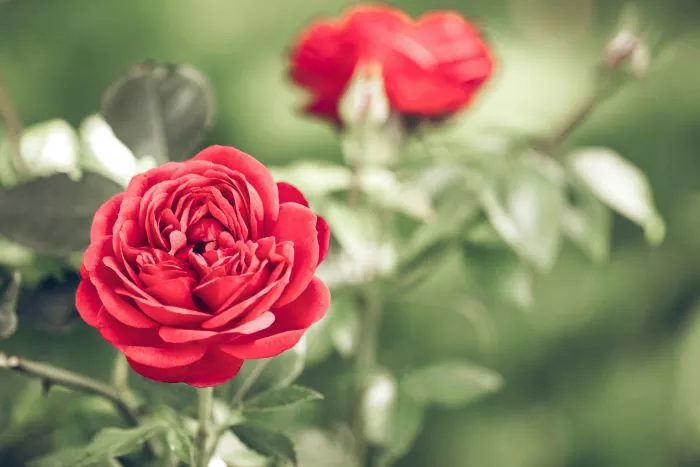Roses are beloved for their beauty and fragrance, but they can be susceptible to various pests and diseases. Gardeners often seek natural solutions to protect their plants without resorting to harsh chemicals. One common question is whether vinegar can be used as a spray on roses. This article will explore the effects of vinegar on roses, its potential benefits, and the best practices for using it in your garden.
Understanding Vinegar
Vinegar is an acetic acid solution typically made from fermented ethanol. It is commonly used in cooking, cleaning, and gardening. The most common types of vinegar include white vinegar, apple cider vinegar, and wine vinegar. The acetic acid in vinegar has antibacterial and antifungal properties, which can be beneficial in certain gardening applications.
Benefits of Using Vinegar in the Garden
Vinegar can offer several benefits when used in gardening. It can help control weeds, deter pests, and even serve as a natural fertilizer in some cases. The acidity of vinegar can alter soil pH temporarily, which may benefit some plants. However, it is crucial to use vinegar carefully, as its strong acidity can also harm plants if applied improperly.
Potential Effects of Vinegar on Roses
When considering whether to spray vinegar on roses, it is essential to understand how it may affect these plants. Vinegar can be effective against certain pests, such as aphids and spider mites. The strong scent and acidity may deter these insects from feeding on your roses. Additionally, vinegar can help manage fungal diseases like powdery mildew when used in a diluted form.
However, vinegar’s acidity can also be harmful to roses if used in excessive amounts or without proper dilution. Applying undiluted vinegar directly to rose leaves can cause leaf burn, leading to damage or even death of the plant. Therefore, if you choose to use vinegar on your roses, it is crucial to dilute it properly and apply it with care.
How to Use Vinegar Safely on Roses
If you decide to use vinegar as a spray for your roses, follow these guidelines to ensure safe and effective application.
Dilution is Key
To minimize the risk of damaging your roses, always dilute vinegar before applying it. A common ratio is one part vinegar to three parts water. This dilution helps reduce the acidity while still providing some benefits.
Test a Small Area First
Before applying the vinegar solution to all your roses, test it on a small, inconspicuous area first. This will allow you to observe any adverse reactions before treating the entire plant.
Apply in the Evening
To avoid leaf burn from sunlight, apply the vinegar solution in the evening or on a cloudy day. This timing allows the leaves to absorb the solution without the risk of rapid evaporation or sun exposure.
Avoid the Roots
When spraying vinegar on your roses, focus on the leaves and stems while avoiding the soil and root area. Direct application to the soil can alter the pH and harm beneficial microorganisms.
Monitor Your Plants
After applying the vinegar solution, monitor your roses for any signs of stress or damage. If you notice any adverse reactions, discontinue use immediately. It is essential to observe how your plants respond to the treatment.
Alternative Natural Remedies
If you are concerned about the potential effects of vinegar on your roses, consider alternative natural remedies. Many other options can help manage pests and diseases without the risks associated with vinegar.
Neem Oil
Neem oil is a natural pesticide derived from the seeds of the neem tree. It is effective against a wide range of pests and fungal diseases. Neem oil disrupts the life cycle of insects and can help prevent infestations.
Insecticidal Soap
Insecticidal soap is another safe option for controlling pests on roses. It works by suffocating soft-bodied insects like aphids and spider mites. Insecticidal soap is gentle on plants and can be used on various flowers and vegetables.
Baking Soda Solution
A mixture of baking soda and water can help manage fungal diseases like powdery mildew. Combine one teaspoon of baking soda with a quart of water and spray it on affected areas. This solution is less acidic than vinegar and is generally safer for roses.
Conclusion
In conclusion, while vinegar can be used as a spray on roses, it must be done with caution. Diluting vinegar and applying it correctly can help manage pests and diseases without harming the plants. However, due to its potential to cause leaf burn and other damage, it is essential to monitor your roses closely after treatment. If you are uncertain about using vinegar, consider alternative natural remedies that can provide similar benefits without the risks. By taking these precautions, you can maintain the health and beauty of your roses while minimizing damage from pests and diseases.


